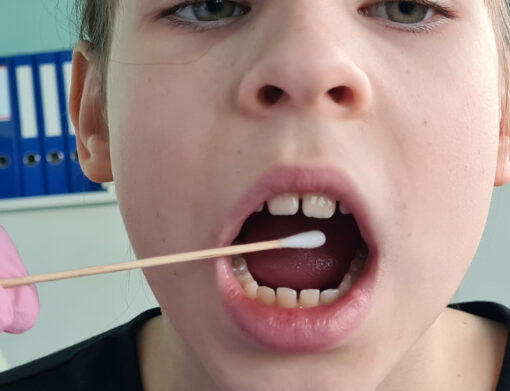In California, the collection of DNA from minors is governed by strict rules outlined in Assembly Bill 1584 (AB 1584). Signed into law in 2018, AB 1584 establishes clear guidelines for law enforcement, requiring consent from both the minor and their parent or guardian before a DNA sample can be taken. The law also includes provisions for destroying DNA samples and imposes penalties for violations.
Here’s what you need to know about when police can collect DNA from a minor and the exceptions to these rules. Contact Simmons Wagner, LLP at (949) 439-5857 if you require help from a criminal defense attorney.
Consent Requirements Under AB 1584
California’s AB 1584 ensures that minors and their parents or guardians have control over the collection of DNA. Before police can collect a DNA sample from a minor, three conditions must be met:
- Written Consent from the Minor: The minor must provide written consent after being properly informed about the process.
- Parental or Guardian Consent: The parent or legal guardian must also give their consent after consulting with the minor.
- Request Form for DNA Destruction: Law enforcement must provide the minor with a form to request the destruction of their DNA sample.
These consent requirements emphasize transparency and the protection of a minor’s privacy.
Rules for Destroying DNA Samples
AB 1584 mandates that DNA samples collected from minors must be destroyed under certain conditions. If the sample does not implicate the minor as a suspect in a crime, it must be destroyed:
- Upon Request by the Minor: A minor can request the destruction of their DNA sample at any time.
- After Two Years: If two years pass from the date of collection and the sample has not been linked to a crime, it must be destroyed.
The law also prohibits using a minor’s DNA sample for purposes unrelated to the specific case for which it was collected.
Penalties for Violating AB 1584
If law enforcement collects DNA from a minor without following AB 1584’s requirements, they may face significant penalties. Each violation carries a $5,000 fine, which is assessed per individual instance of non-compliance. These penalties highlight the importance of adhering to the law and protecting minors’ privacy.
Exceptions to Consent Requirements
While AB 1584 provides robust protections for minors, there are specific situations where law enforcement can collect DNA without consent. These exceptions include:
- Search Warrants or Court Orders: DNA can be collected if authorized by a judge.
- Investigations of Missing or Abducted Minors: DNA samples can be collected to assist in identifying or locating a missing child.
- Sexual Assault Cases: DNA can be collected from a juvenile victim or suspected perpetrator of a sexual assault.
- Criminal Investigations: DNA evidence collected at a crime scene or from an abandoned sample is permissible without consent.
These exceptions are designed to balance the need for privacy with the demands of law enforcement in critical situations.
The Purpose of AB 1584
AB 1584 was enacted to safeguard minors from unwarranted privacy intrusions while ensuring that law enforcement operates under clear guidelines. By requiring consent and providing a pathway for DNA sample destruction, the law promotes accountability and transparency in the collection of genetic material.
Protecting Your Rights
If you believe that law enforcement has violated AB 1584 by collecting a minor’s DNA without proper consent or inappropriately using a DNA sample, you may have legal recourse. It’s important to consult with a skilled attorney to understand your rights and explore your options.
For assistance with cases involving DNA collection or other legal matters, contact Simmons Wagner, LLP at (949) 439-5857. Our experienced team is dedicated to protecting your rights and providing the guidance you need.

